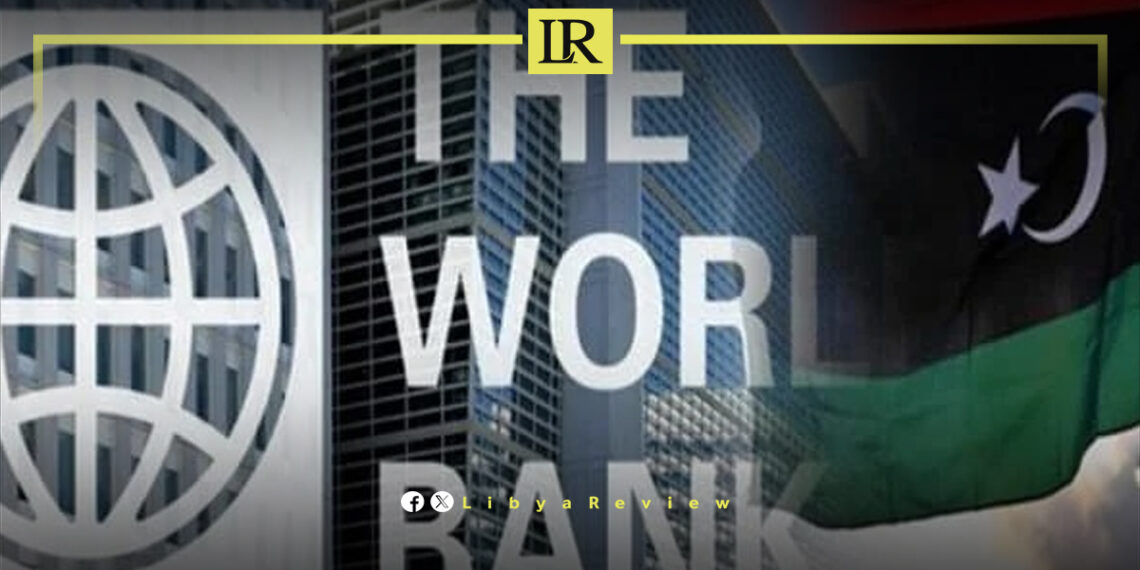At the annual meetings of the International Monetary Fund (IMF) and the World Bank, Libya’s Government of National Unity (GNU) delegation met with Ousmane Diagana, Vice President of the World Bank, and senior officials from the institution.
The meeting included the IFC’s Director for Morocco and the World Bank’s Libya Country Manager, along with a team of advisors.
The discussions focused on Libya’s economic priorities, including the government’s strategy to strengthen the private sector, initiatives to fund micro-enterprises, plans to boost oil and gas production, and efforts to stabilize the Libyan dinar. The meeting also touched on preparations for Diagana’s upcoming visit to Libya to assess progress and deepen cooperation.
The World Bank praised the positive economic developments in Libya, emphasizing the importance of sustained collaboration to promote economic stability and sustainable growth. The bank expressed optimism about Libya’s efforts to strengthen key sectors, noting that continued engagement is essential to achieving long-term success.
The GNU delegation included Khaled Al-Mabrouk, Minister of Finance; Mohamed Al-Shahoubi, Minister of Transport; Khalifa Abdulsadiq, Acting Minister of Oil and Gas; Suhail Abu Shiha, Undersecretary of the Ministry of Economy and Trade; and Mustafa Al-Manaa, head of the executive team for strategic initiatives and projects.
Libya’s economic recovery has been a focal point for the GNU amid ongoing challenges. Years of conflict following the fall of Muammar Gaddafi in 2011 left the country’s economy fragmented, with instability affecting key sectors like oil, infrastructure, and trade. The government is now working to restore stability by reviving oil production, stabilizing the currency, and promoting entrepreneurship to diversify revenue streams beyond hydrocarbons.
The Libyan dinar’s instability has contributed to inflation and rising living costs, making currency stabilization a top priority.
Efforts to support the private sector, including micro-financing initiatives, are part of the government’s plan to create jobs, support small businesses, and reduce economic reliance on the oil industry. Increasing oil and gas output remains critical, given that hydrocarbons account for over 90% of government revenue, but the GNU also recognizes the need to diversify the economy to build resilience.


